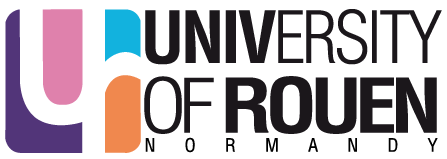The philosophy of thinking in language (Sprachdenken)
From the outset, the Rouen Ethnolinguistics Project asked one crucial humboltian question? What happens if we place language and languages at the heart of our questions and concerns? That central question opens up a whole host of related investigations: How do we think in language? How do we learn to know the world in language? How do we express our worldviews and our perspectives, our thoughts and our feelings in words? How does linguistic patterning shape the forms of thoughts and feelings that we have and that we express when we communicate with others? How do we understand translating? And how does translating force us to think what it means to think in language and to think with a particular language? How do we change when we switch languages? Who are we in language? And how do we become through language? These are questions for children being socialized into language, into culture, and cultivating their minds. It is a question for individuals as thinkers, authors, creators, citizens. Putting language at the centre of understanding and culture is crucial for identity and for groups. How do groups create and sustain their own worldviews? How do subcultures resist cultures? How do subcultures exist within cultures and maintain the diversity of perspectives within the overarching frameworks of the worldviews within which we live? How do philosophers and thinkers question the keywords we think with? How to they remind us that we think and feel in language, and that we need to constantly reappraise the concepts that we live with, live by, and live within?

